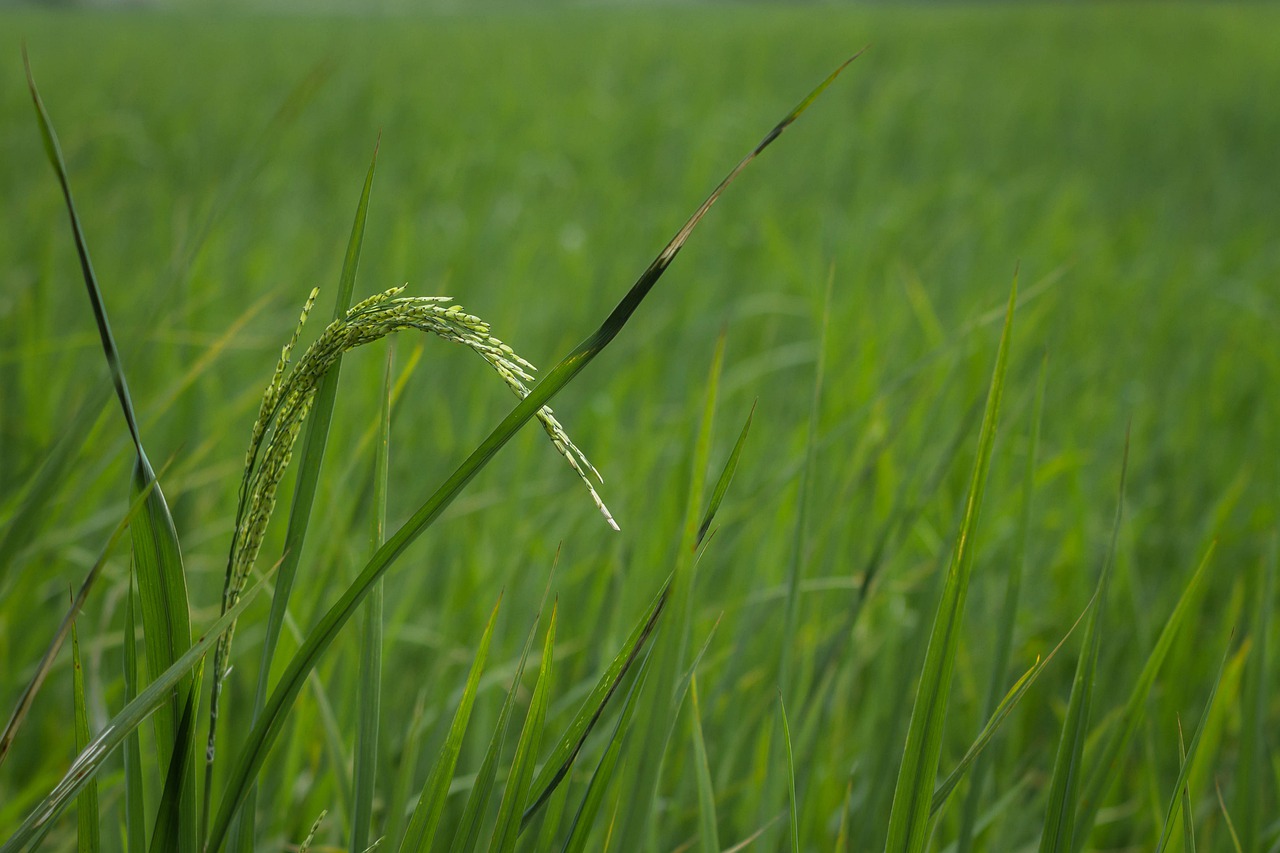ImpactAlpha, April 5 – Of the many forms of “impact alpha,” lower-cost capital is among the most useful. Olam, the Singapore-based food giant, closed a $500 million revolving credit facility with a “club” of 15 major banks that would lower its interest payments if it hits sustainability targets.
- The incentives… The banks will cut Olam’s interest rate if the food supplier hits dozens of ESG, or environmental, social and governance targets, as measured by Sustainalytics (we’ll bring you more detail on the algorithm as we get it). CEO Sunny Verghese said Olam was the first agricultural supplier company “to secure a sustainability-linked medium-term club loan that links interest rate on the loan to achieving clear sustainability targets.”
- Major banks crowded in… The 15 major Asian and European banks, led by BNP Paribas and ING Bank pooled their equal shares. Olam says it “self-arranged the 15 participating banks” and determined “pre-set sustainability targets” that will trigger the interest-rate reductions.
- Putting a price on sustainable improvements… Loans like Olam’s show major banks are effectively setting a price for environmental and social performance improvements. For Olam, which works in 70 countries, that means supply-chain improvements for commodities like nuts, cocoa, coffee and cotton and improved livelihoods of the farmers that produce them.
“A better company with a higher ESG rating is a lower risk and earns a lower cost of capital,” said Dave Chen of Equilibrium Capital in Portland (and the guest on the latest edition of ImpactAlpha’s Returns on Investment podcast.) Last week, Olam also secured debt of $163 million from the Asian Development Bank and Japan’s International Cooperation Agency to help smallholder farmers expand their production in Vietnam, Indonesia and other countries.
- ‘G’ is driver of ESG… As always, governance factors and accountability will be key. Olam and other companies that “get paid” for economic inclusion and environmental sustainability must deliver results. Now that it means lower risks and lower rates, major banks will be watching closely.











